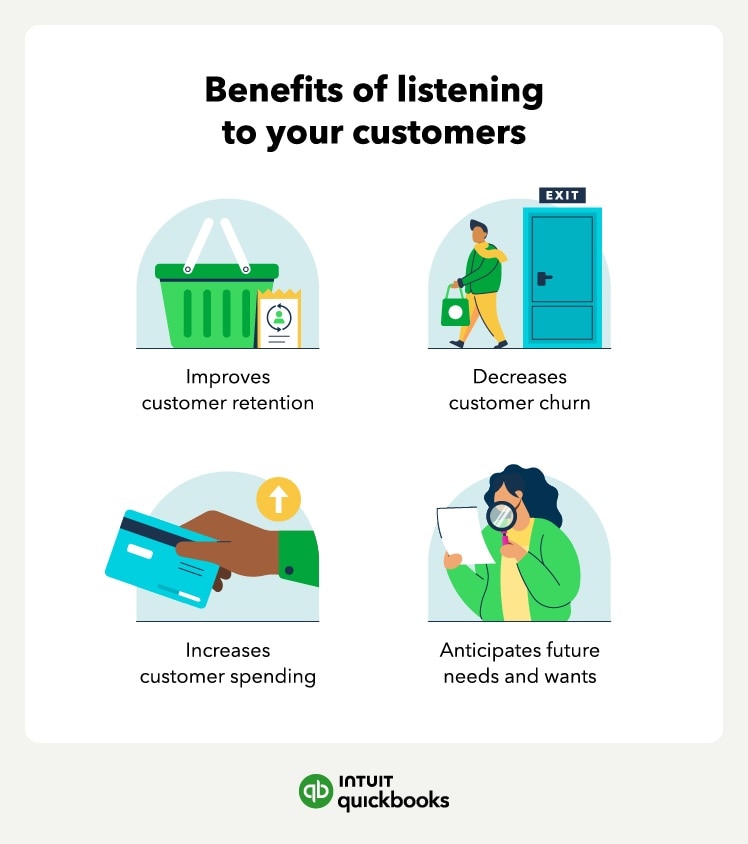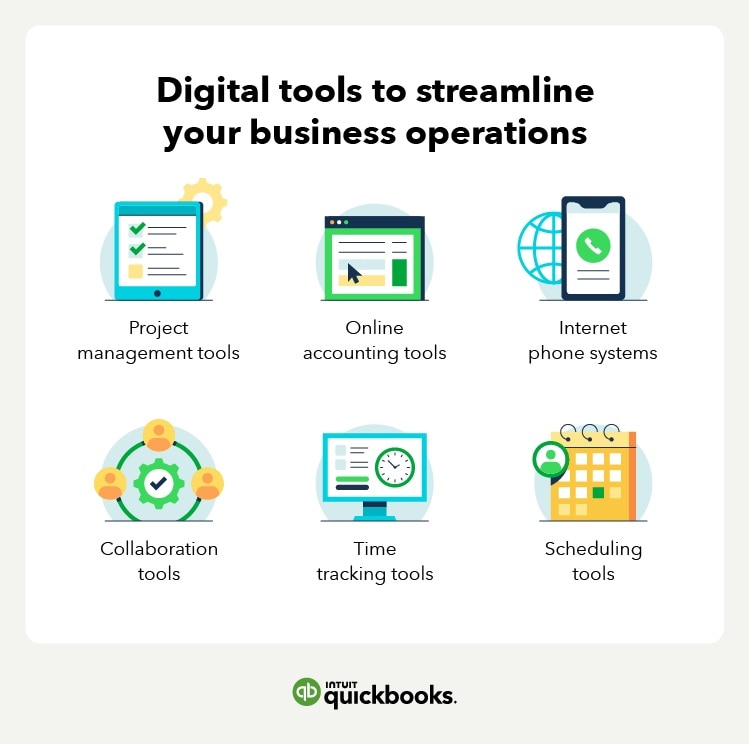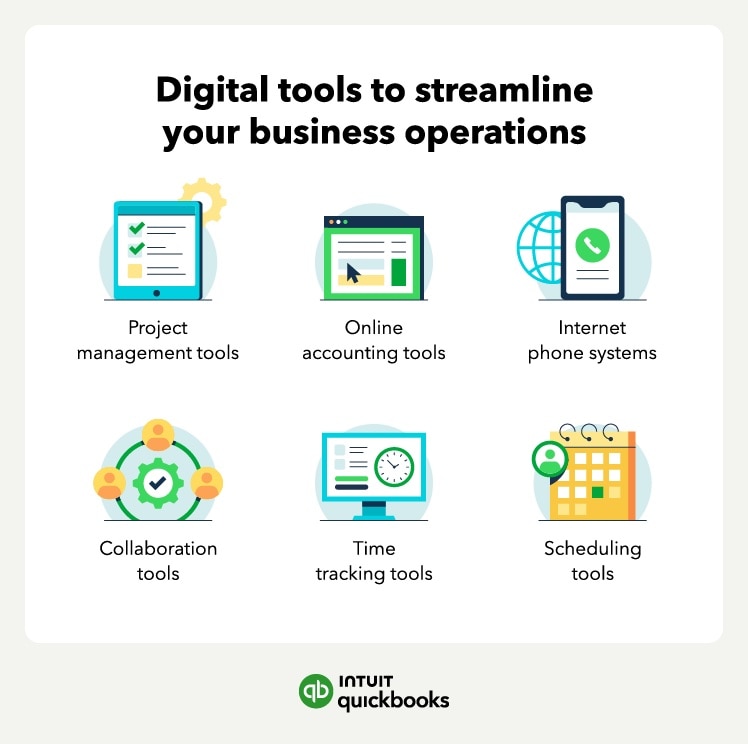At the end of the day, your business can’t run without your customers. Part of providing great customer service—which 56% of small businesses say is one of the top secrets to success—is listening to your customers.
Listening to your customers helps improve customer retention, decrease customer churn, increase customer spending, and anticipate future wants and needs.
Listening to your customers means connecting with them and being open to their feedback. There are many different ways you can do this, including:
- Running surveys to gather insight and feedback
- Implementing a customer feedback feature on your website
- Running online focus groups
- Asking customers about their experience during the purchase phase
- Building relationships with customers through social media
- Staying up to date with mentions of your business online
Your customers are a great resource for gathering insight on your pricing strategy, product features, and marketing tactics.
For example, after customers buy something from your business, you can add a feature that can gather quick feedback from them at the time of purchase.
You can ask them questions like “How likely are you to purchase this product again” or “How did you hear about us/this product?” These simple questions can give you insight into whether or not people will pay for your product based on its current price and what marketing tactics are working to attract customers to your business.
Tip: Identify customer pain points and uncover their needs and wants by conducting surveys and doing research on consumer behavior to maintain a future-proof business.

















